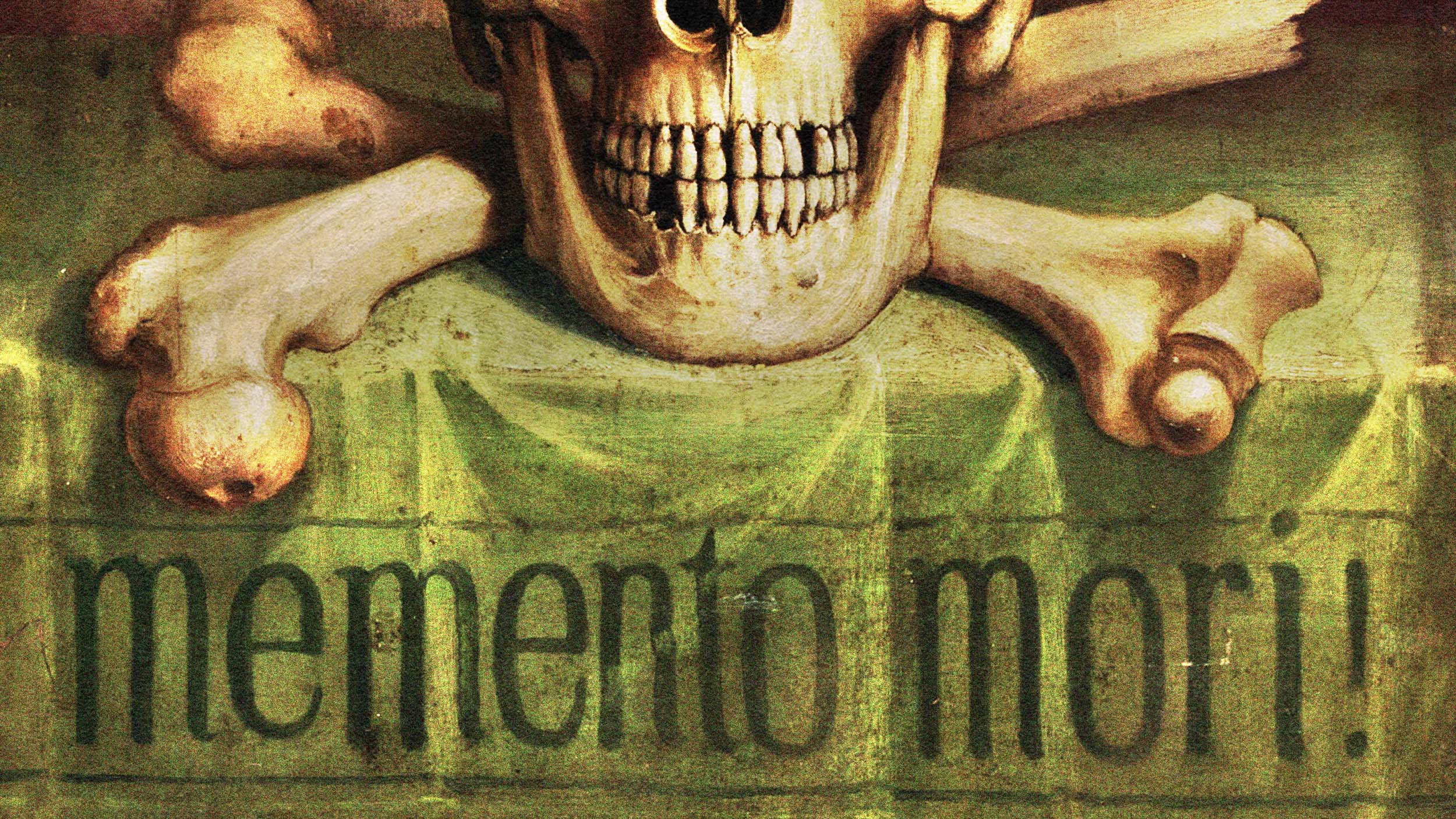Edward Frenkel is a mathematician working in representation theory, algebraic geometry, and mathematical physics. Born in the Soviet Union, Frenkel first came to Harvard University as a visiting professor at[…]
Math is not the opposite of art and poetry. In fact, every formula is a formula of love.
▸
5 min
—
with
Sign up for the Smarter Faster newsletter
A weekly newsletter featuring the biggest ideas from the smartest people
Math is not the opposite of art and poetry. In fact, every formula is a formula of love.
Edward Frenkel: So how do we communicate the beauty and power of mathematics? A few years ago I made a film called Rites of Love and Math with a wonderful French film director, Reine Graves. I was in Paris doing some mathematical work and suddenly I felt inspired to make a film because I find that sometimes, you know -- first of all we don't do enough communicating -- mathematics -- to people outside of the subject. We, professional mathematicians, don't do enough. And when we do that sometimes we don't do it in the most effective way. Often, you know, I notice how people start yawning, you know, 30 seconds into a conversation when I try to explain a formula to them.
So then I thought what if we do something radically different. What if instead of trying to explain a formula at kind of a rigorous and cerebral level -- what if we tried to do it at the more visceral and emotional, intuitive level. So instead of trying to explain the details, what if we make a tattoo of a mathematical formula and let the viewers see it in this very different context -- in the context of a film which is an allegory about a formula of love. So that's how the idea of the film Rites of Love and Math came about.
The premise of the film is that the mathematician, after many years of hard work, finds a formula of love. And at first he is elated -- he's so happy that he found this formula which explains everything and will make everyone happy. And then, of course, he realizes the flip side of the formula. It could be used for evil as well as for good. And here, of course, I'm alluding to misuse of mathematical models in our world and the possibility that the mathematical formula can actually do harm. So he realizes that and he is scared. He's afraid. He wants to protect the formula. And to protect the formula he decides to tattoo it on the body of the woman he loves.
So we create this mythical world and in this mythical world she -- his lover -- represents mathematics itself. So the film is really about his love affair with mathematics. And that's what we tried to convey. And we tried to show the formula in a different light and we tried to show the passion which is involved in doing mathematics.
Which when he makes the tattoo he completely shuts himself out from the rest of the world. It's just him and the formula and nothing else. That's how we do mathematical research. It's really a struggle of ideas and struggle with oneself trying to understand things at the deeper level. It's a very emotional and passionate process and we wanted to convey that in our film. And also, of course, the idea that when you discover that formula it really gets under your skin like the ink of a tattoo.
So when we show the film, someone always asks, "What does this formula mean?" And that's exactly what we wanted. We wanted to peak a viewer's curiosity, to inspire them to ask the question what is the meaning of the formula. In other words, we wanted the viewer to appreciate the beauty of the formula just in an aesthetic sense. But not stop there but use it rather as a portal to the understanding of the intellectual beauty of the formula. So they ask what does the formula mean. And actually the formula we use in the film is a formula from one of my papers. It was two co-authors. We tried to understand some deep questions in quantum field theory. And in the course of our investigation we came up with this unexpected surprising formula. That's the formula which is tattooed in the film.
And the second question that people like to ask is, "Is there a formula of love? Does a formula of love really exist?" And the answer I like to give is that actually every formula we discover is a formula of love. And that's because these formulas, it represents something deep and fundamental about the world. And perhaps even more importantly, every formula is objective. It presents objective truth which means the same thing to all of us. And, therefore, each of those formulas is this great connector which connects me to anyone else in the world. And, therefore, it's something that helps me to love the world and to love everyone who lives in this world.
Directed / Produced by Jonathan Fowler and Dillon Fitton
▸
4 min
—
with





